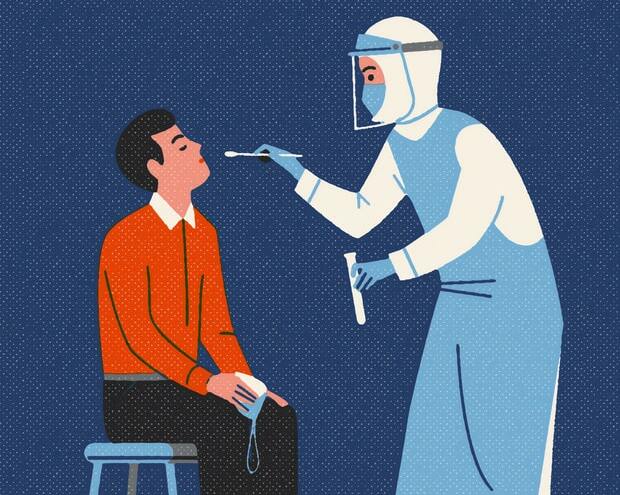With the current pandemic spreading like wildfire, the requirement for a faster diagnosis can not be more critical than now. As a matter of fact, the traditional real-time polymerase chain reaction testing (RT-PCR) using the nose and throat swab has not only been termed to have limited sensitivity but also time-consuming for operational reasons. Thus, to expedite the process of COVID-19 diagnosis, researchers from the University of Oxford developed two early-detection AI models leveraging the routine data collected from clinical reports.
In a recent paper, the Oxford researchers revealed the two AI models and highlighted its effectiveness in screening the virus in patients coming for checkups to the hospital — for an emergency checkup or for admitting in the hospital. To validate these real-time prediction models, researchers used primary clinical data, including lab tests of the patients, their vital signs and their blood reports.
Led by a team of doctors — including Dr Andrew Soltan, an NIHR Academic Clinical Fellow at the John Radcliffe Hospital, Professor David Clifton from Oxford’s Institute of Biomedical Engineering, and Professor David Eyre from the Oxford Big Data Institute — the research initiated with developing ML algorithms trained on COVID-19 data and pre-COVID-19 controls to identify the differences. The study has been aimed to determine the level of risk a patient can have to have COVID-19.
#opinions #covid screening #covid-19 news #covid-19 screening test #detecting covid
